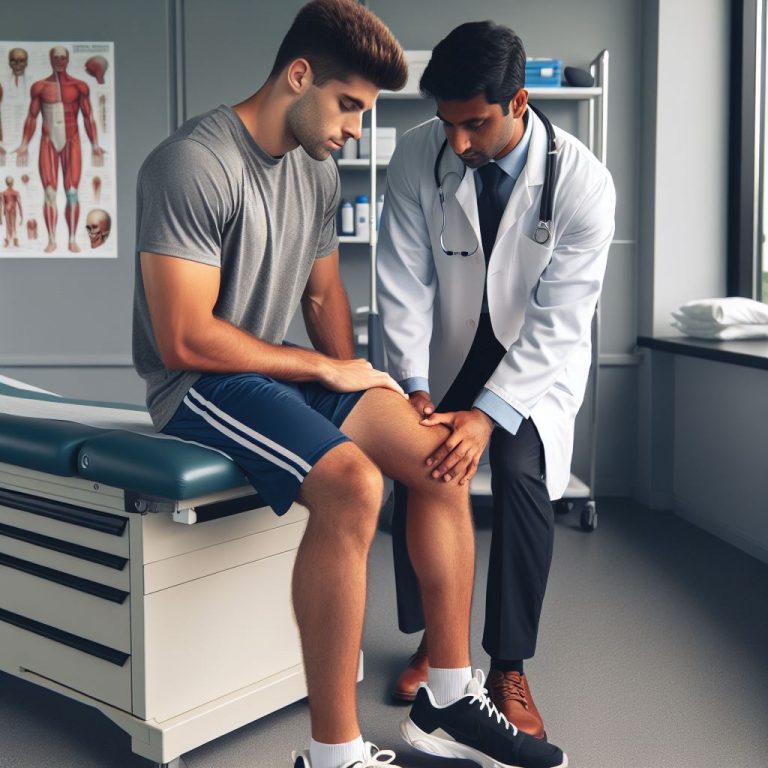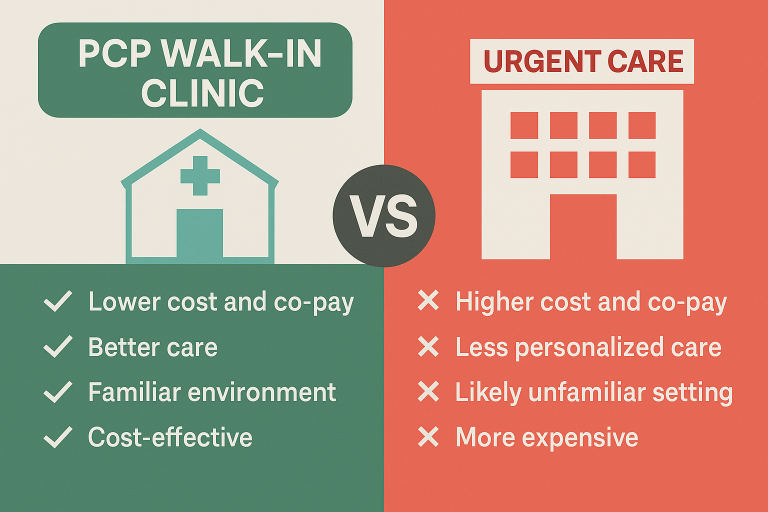Understanding the Role of a Primary Care Physician
In the landscape of healthcare, a Primary Care Physician (PCP) plays a pivotal role in ensuring the overall well-being of patients. But who exactly is a primary care physician, and why are they so important?
Who is a Primary Care Physician?
A Primary Care Physician is a healthcare professional who serves as the first point of contact for patients. They provide comprehensive and continuous care, addressing a wide range of health issues and coordinating with specialists when necessary. PCPs are trained to take care of the majority of healthcare needs, from preventive measures to the treatment of acute and chronic conditions.
Qualifications of a Primary Care Physician
To become a PCP, a physician must undergo extensive education and training. This typically includes:
- Undergraduate Education: A bachelor’s degree with a focus on pre-medical courses.
- Medical School: A four-year program leading to a Doctor of Medicine (MD) or Doctor of Osteopathic Medicine (DO) degree.
- Residency Training: A residency program in family medicine, internal medicine, or pediatrics, usually lasting three years. This training provides comprehensive exposure to a wide range of medical conditions and patient care.
- Board Certification: Many PCPs are board-certified, which involves passing an examination and meeting ongoing education requirements to ensure they stay current with medical advancements.
The Importance of a Primary Care Physician
Primary care physicians are integral to the healthcare system for several reasons:
- Preventive Care: PCPs focus on preventing illnesses before they develop through regular check-ups, screenings, and vaccinations. This proactive approach can significantly reduce the risk of chronic diseases and improve long-term health outcomes.
- Continuity of Care: By establishing a long-term relationship with patients, PCPs provide consistent and personalized care, understanding their medical history and individual health needs.
- Coordination of Care: In cases where specialized care is needed, PCPs coordinate with specialists, ensuring that patients receive comprehensive and cohesive treatment.
- Chronic Disease Management: PCPs are skilled in managing chronic conditions such as diabetes, hypertension, and asthma, helping patients maintain optimal health and avoid complications.
Conditions Treated by Primary Care Physicians
Primary care physicians are equipped to diagnose and treat a broad spectrum of conditions, including but not limited to:
- Acute Illnesses: Such as respiratory infections, flu, and minor injuries.
- Chronic Conditions: Management of long-term diseases like diabetes, high blood pressure, and heart disease.
- Mental Health: Addressing issues like depression and anxiety, and providing referrals to mental health specialists when needed.
- Preventive Health: Conducting routine screenings and health risk assessments.
In conclusion, primary care physicians are the cornerstone of effective healthcare. They provide essential services that maintain health, prevent disease, and manage ongoing conditions. Establishing a strong relationship with a PCP can lead to better health outcomes and a more personalized approach to healthcare. If you haven’t already, consider finding a primary care physician to be your partner in health.


